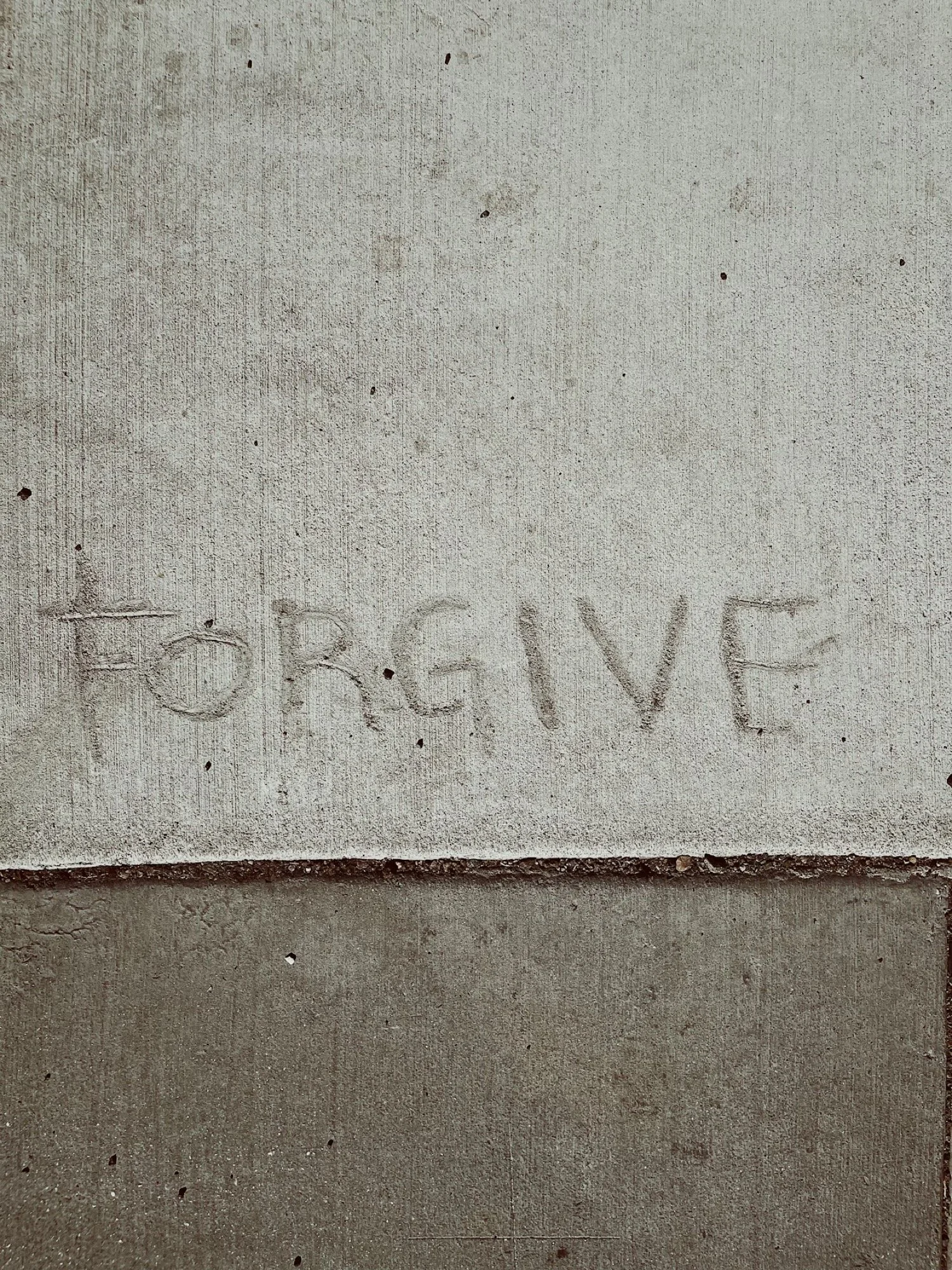Readings for today: Isaiah 36-37, 2 Kings 18:9-19:37, 2 Chronicles 32:1-23, Psalms 76
Nothing is impossible for God. With God on our side, there is always hope. Even when our enemies are at the gate and their power seems overwhelming and it looks like there is no way out, God can make a way. In fact, it’s often when God does His best work. Think of what you know about the history of Israel. If you’ve been tracking with us all year, you know this isn’t the first time Israel has faced impossible odds. I think of the time Egypt’s army was bearing down on them and their backs were against the Red Sea. I think of the impregnable walls of Jericho that came tumbling down. I think of David facing off against Goliath. Over and over again, God had proved faithful. Every time it seemed like Israel was finished, God came through. All He asked was that they turn to Him and trust Him rather than place their trust in alliances, bribes, or their own strength.
One of the fascinating things about our reading today is how the three different authors of three different books (Isaiah, 2 Kings, 2 Chronicles) all report the same details. Interestingly enough, Sennacharib’s own records which were recorded on the walls of his palace in Nineveh do not mention the capture of Jerusalem which is surprising since he mentions the capture of 46 other towns and cities. It’s a tacit admission of his failure. Furthermore, the circumstances of his death recorded in the Bible have also been confirmed by Assyrian sources. It’s truly a miraculous deliverance. The Assyrian Empire was one of the most brutal and terrifying empires in the ancient world. They were constantly at war, constantly expanding their territory through conquest. They never would have stopped at Jerusalem unless they were forced to by some power greater than their own. Additionally, like most ancient civilizations, they attributed their success to the power of their own gods. They believed their wars were not just a contest here on earth but in heaven as well. It’s why the spokesperson for Sennacharib mentions the defeat of all the other gods of all the other tribes they had faced. They falsely assumed Yahweh was just another tribal god, powerless before their own gods.
Sometimes I fear we fall into the same trap. Though very few of us probably worship pagan deities like they did in the ancient world - though I have been places around the world where that still takes place - we do make gods out of money, sex, power, etc. And we falsely believe these gods are often more powerful than Yahweh. Think of the sexual revolution and its impact on western society. Instead of trusting in the Lord and His plan for sex, we have become enslaved to sexual desire. Think of capitalism and how it has supercharged our natural greed. Instead of trusting the Lord and His generous provision, we have become enslaved to an insatiable appetite for “more.” Think of our desperate need for safety and security. Instead of trusting the Lord and His protection, we have become enslaved to our fears and anxieties and do all we can to accumulate enough power to control the circumstances of our lives.
The challenge we face is no different than the one faced by Hezekiah and his people. It’s the challenge to walk by faith and not by sight. It’s the challenge to trust God rather than in our own wisdom and strength. It’s the challenge to seek God first rather than as a last resort. It’s the challenge to believe Him when He says He will provide and protect us. What challenges are you facing today? What’s keeping you up at night these days? What’s troubling you? Cast all of your anxieties on God because He cares for you.
Readings for tomorrow: No devotionals on Sundays




